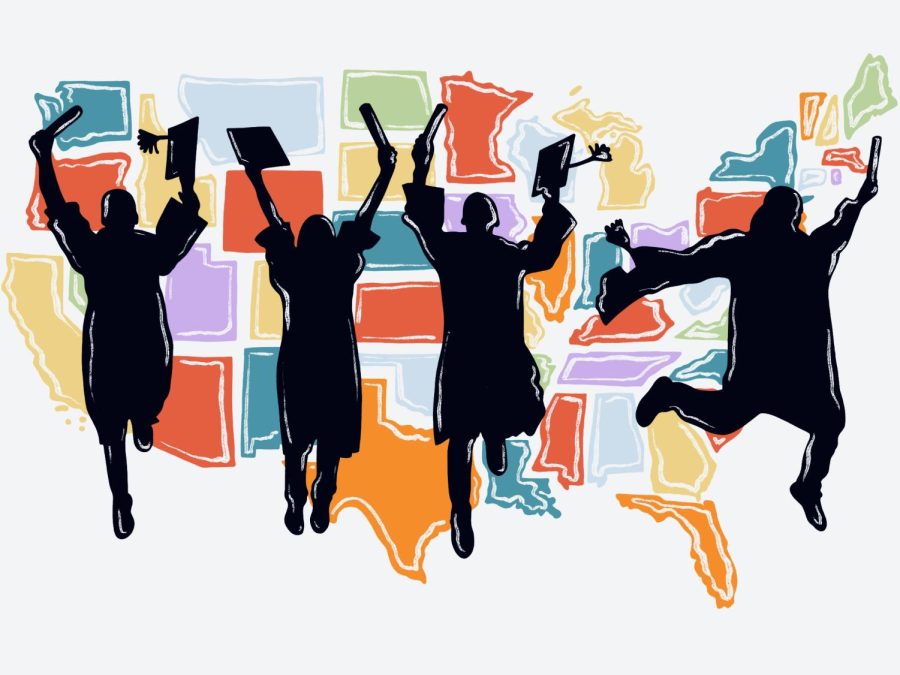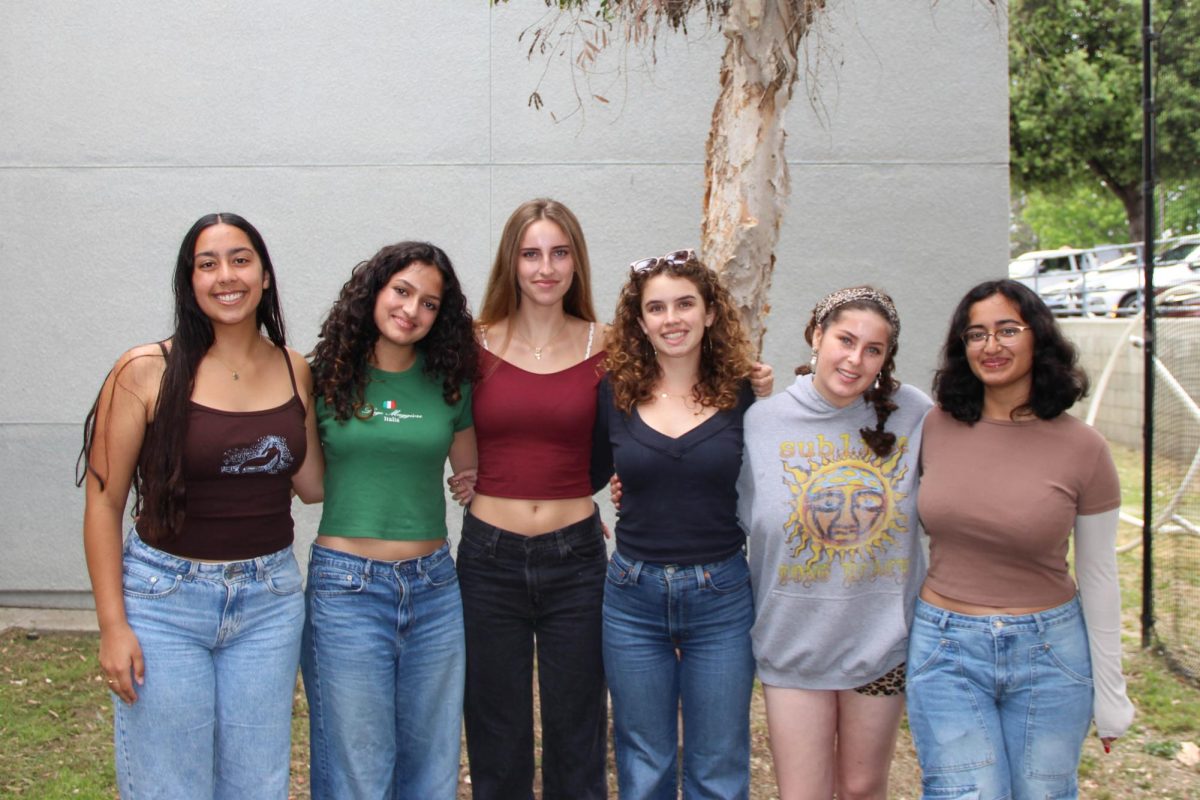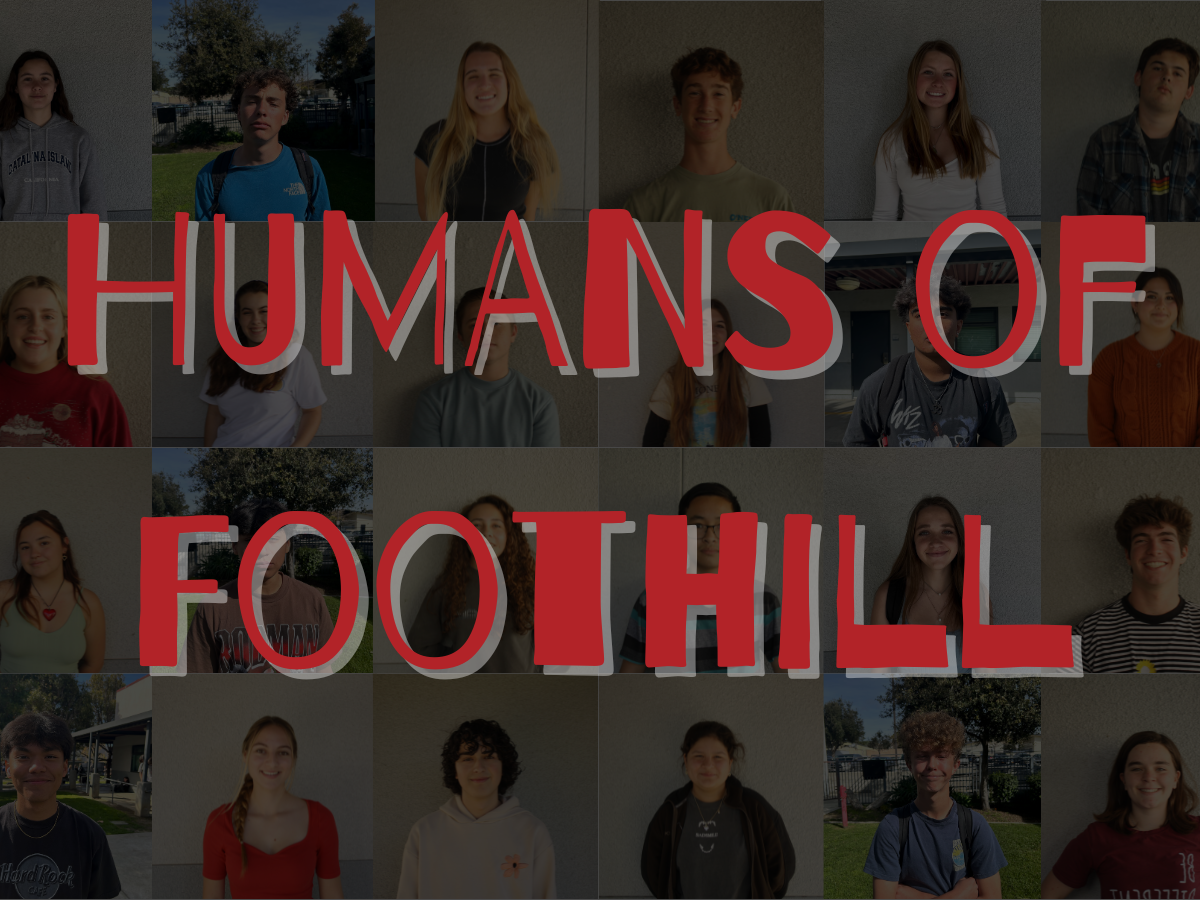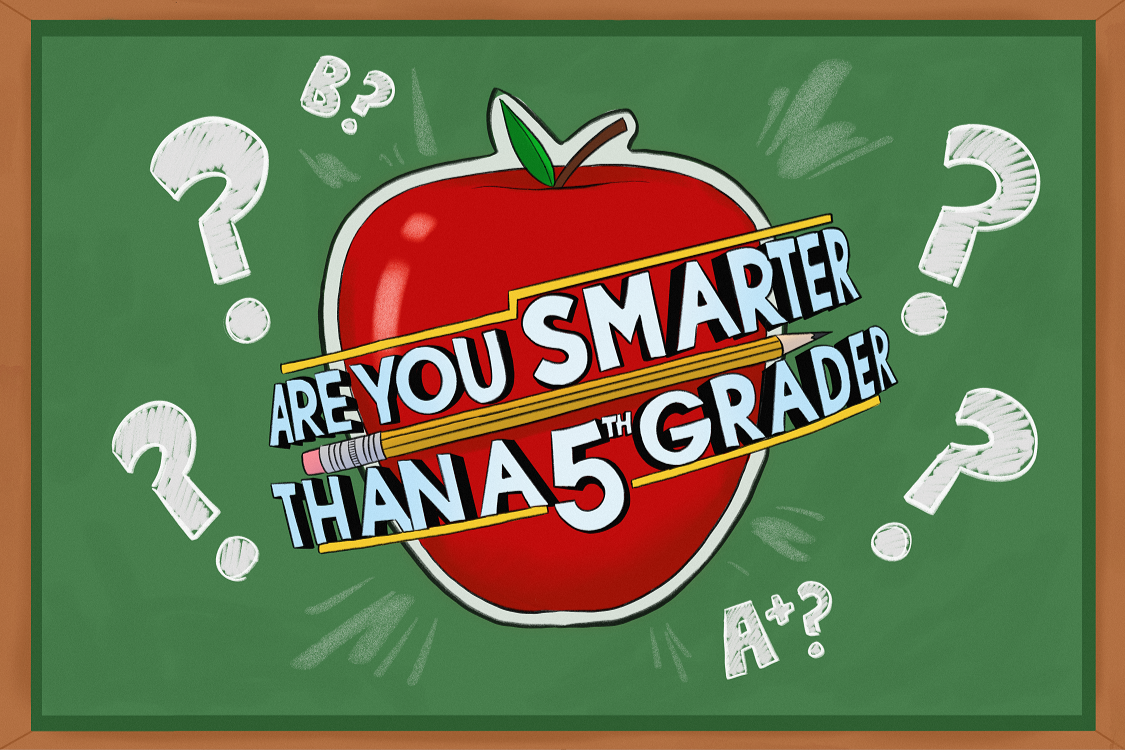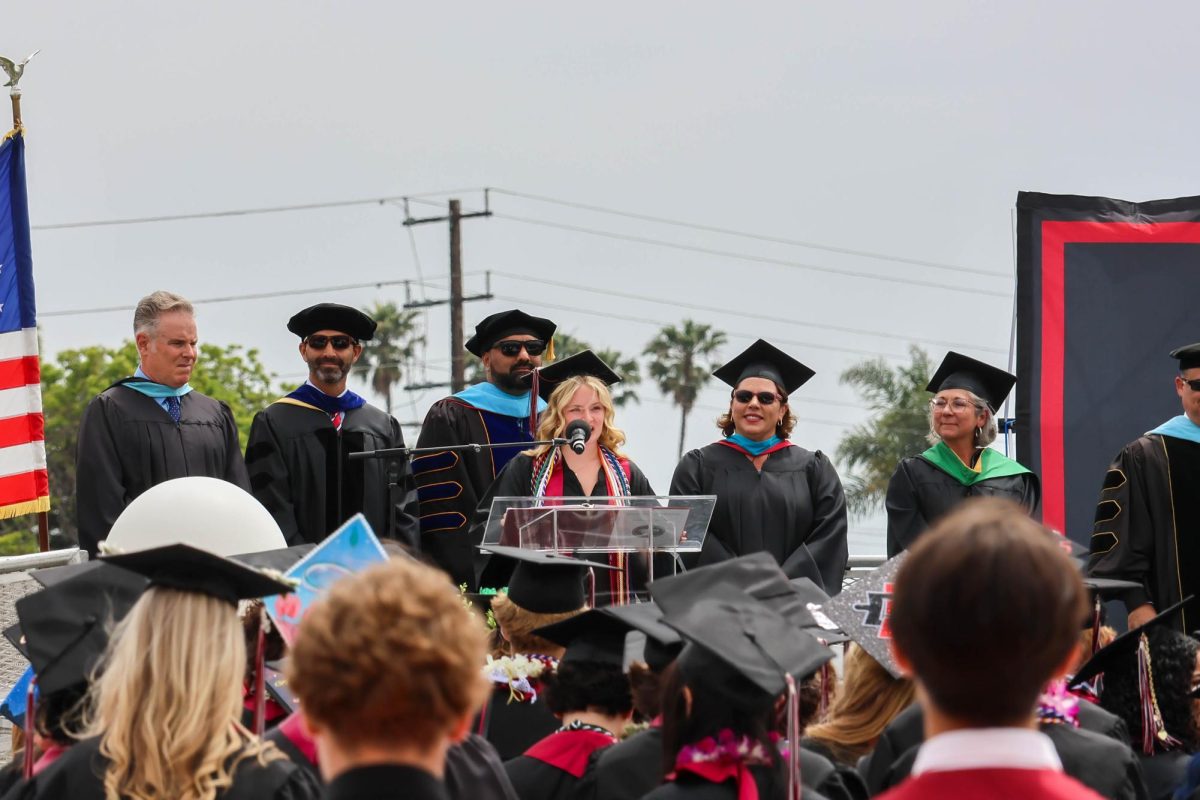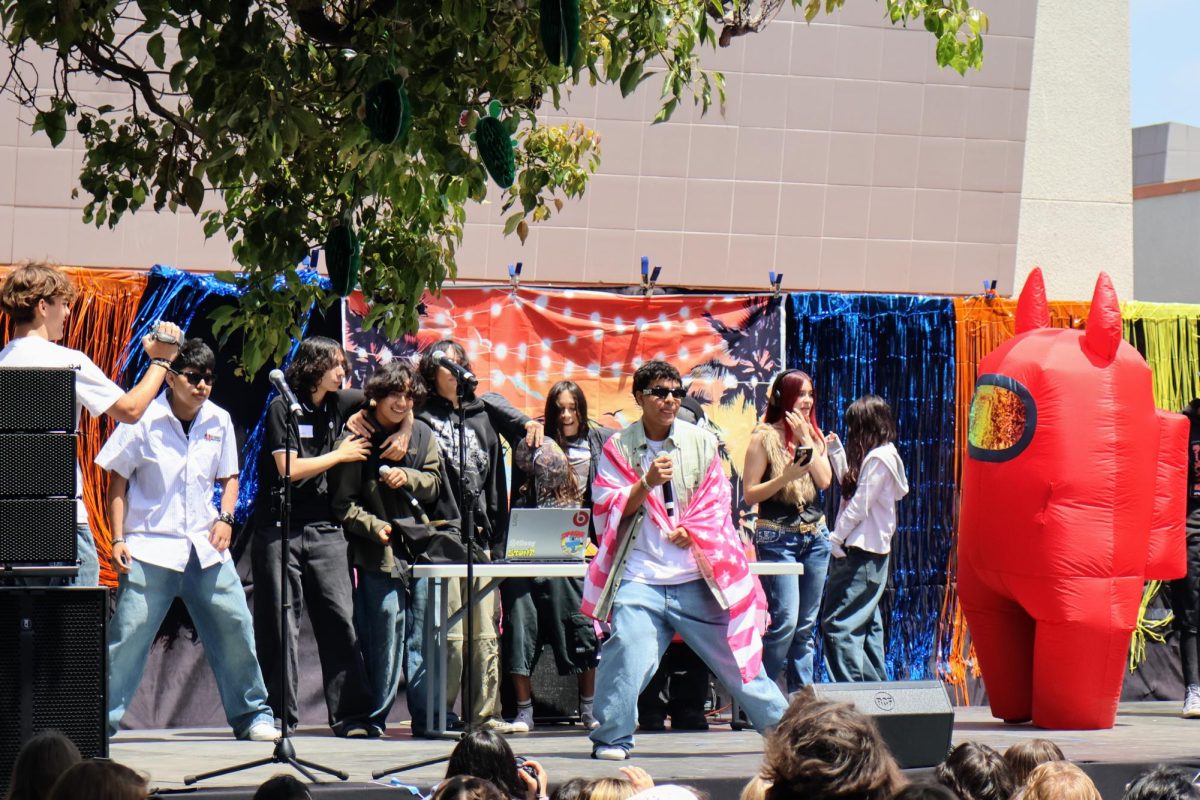Just a decade ago, the word “artificial intelligence” (AI) would have brought up images of futuristic, googly-eyed robots like WALL-E and EVA. However, the onset of a new kind of technological revolution was closer than anyone could have imagined. Say the words now, and most people will immediately think of programs based on machine learning like chatbots, self-driving cars, facial recognition and digital assistants. But what about AI in education?
AI is agnostic, meaning that it is relevant in a variety of different contexts. The use of this technological tool in academic settings has been on a strong incline in the past few years, with a 2023 study by the Pew Research Center showing that over 20 percent of high school students in the United States use ChatGPT, a chatbot developed by OpenAI, for schoolwork.
With its low costs, accessibility and easy-to-use platforms, artificial intelligence can be found everywhere across the world, from high-income to low and middle-income countries.
In general, AI is any form of computer intelligence that is programmed for human-like functions such as decision-making or learning. From Alan Turing cracking the Enigma code during World War II (WWII) to social media platforms generating personalized For You Pages (FYP) and the creation of self-driving cars today, AI is constantly evolving and presents a diverse, promising array of prospects.
Recently, the popularity of AI-generated chatbots, such as ChatGPT, has skyrocketed with its astonishing range of capabilities from succinctly explaining difficult concepts to holding a shockingly natural-sounding conversation.
AI also exists within the functionalities we utilize every day without realizing. For example, people tend to forget about Google’s use of machine learning to efficiently sort through billions of search results according to a user’s personalized profile.
So, with all these knowledge-providing mechanisms up for grabs, it’s no surprise that AI has already begun establishing itself as an indispensable tool amongst students at Foothill Technology High School (Foothill Tech).
Aadhya Bavkar ‘25 stated, “I’ve definitely noticed a rise in AI just because it’s so easy to use and so quick, and obviously the level of effort you have to put into it is minimal, which allows a lot of people to take advantage of it.”
Additionally, Irick Catanach ‘25 mentioned how, “AI can be very useful for understanding certain material … especially with certain classes like math or physics. You can learn a lot by [using] it.”
Both students also voiced how they not only use AI to better understand schoolwork, but also to explore topics they’re interested in.
Yet, there are a plethora of concerns surrounding the usage of AI within academic and research environments, the most obvious of which is plagiarism and academic dishonesty. It also brings the fear of being falsely accused of plagiarism or cheating because of AI. Bavkar stated, “[AI is] like a new threat to academic integrity.”
Furthermore, there is the question of whether AI limits critical thinking and creativity, as well as stifling the growth of academic skills like research. English teacher Jennifer Kindred expressed, “It’s important to learn how to research on your own and how to vet sources.”
And, of course, since current students will go on to be a part of the future workforce, the fear of AI taking over jobs is no small matter. Catanach, who is interested in going on to work in the field of mechanical engineering, said, “I’m more concerned about its ability to take away a lot of technical jobs.”
On the other hand, AI has the potential to completely reshape our world — and not necessarily in a dangerous way.
David Carr, a member of ChatGPT’s product engineering team who works on apps and features like voice mode and DALL-E image editing, stated regarding ChatGPT’s usage in academics, “There’s a lot of excitement around the idea of a universal tutor, and there’s a lot of research that shows that people who have access to more individualized instruction tend to succeed in their academic career.”
Furthermore, many experts expect AI to transform life in developing countries. According to The Economist, “The need is glaring. Developing countries have too few teachers, many of whom have not mastered the curriculum.” Moreover, in a study conducted by the World Bank, “Education is spectacularly worse in poor countries than in rich ones.”
The proposed solution to this lack of consistent education? AI-powered chatbots. The Economist reasoned that, “A chatbot can give undivided attention to each child, at any time of day, and never gets tired,” as well as being able to adapt to local cultures.
Although AI may take many technical jobs, some also argue that it opens up another branch of jobs in AI maintenance and development. For example, Forbes stated, “The creation and development of AI systems require machine learning engineers, data scientists and specialized researchers.”
With AI helping to educate more high-performing generations, more high-level jobs can be performed. This, in turn, can help raise the general level of health and the quality of life across the world.
At the rate that humans are using up the planet’s resources, scientists may as well have to create a few WALL-E’s to clean up toxic waste. No matter what the future might bring, one can be certain that AI will be an unnegotiable element.




